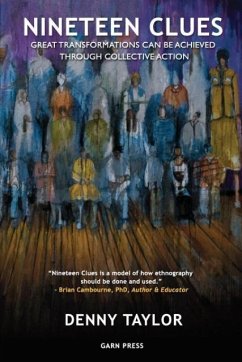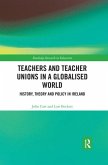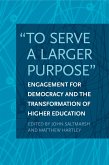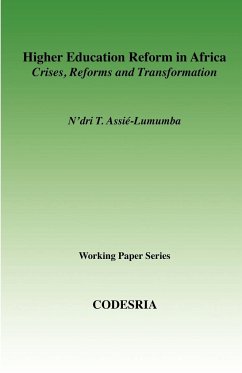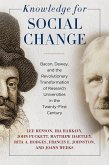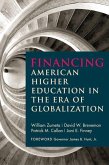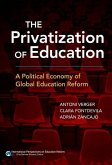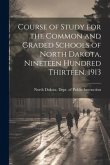What would it take to make Earth a child safe zone? Nineteen Clues: Great Transformations Can be Achieved through Collective Action makes the case that there are two threats to our children that impact every aspect of their present and future lives. The first threat to our children is the hostile take over the US public education system. Noam Chomsky calls it, "the campaign to destroy those parts of the education system that enrich the lives of students, that interfere with indoctrination, with control, with imposing passivity and obedience." While Diane Ravitch writes, "Never have public schools been as subject to upheaval, assault, and chaos as they are today." Across America parents and teachers are organizing in response to this dangerous threat to children, to democracy, and to the future of US society. Nineteen Clues traces the emergence of a powerful and dynamic children's civil rights movement, including the establishment of organizations such as United Opt-Out, BadAss Teachers, and Save Our Schools. The second threat to our children is the great acceleration in the changes taking place to the planet. "Humanity is standing at a moment in history when a Great Transformation is needed to respond to the immense threat to the Earth," a group of Nobel Laureates writes in their summary of the 2007 Potsdam Memorandum on Global Sustainability. "We live on a human-dominated planet, putting unprecedented pressure on the systems on Earth," Johan Rockström said in his 2010 presentation. "The planetary risks we're facing are so large, that business as usual is not an option. In fact, we're in a phase where transformative change is necessary, which opens the window for innovation, for new ideas and new paradigms." "Society is taking substantial risks by delaying urgent and large-scale action," Lidia Brito and Mark Stafford Smith write in The State of the Planet Declaration, which was the consensus of more than 3,000 scientists at the 2012 Planet Under Pressure Conference. "We must show leadership at all levels. We must all play our parts. We urge the world to grasp this moment and make history." Garn Press was founded so we can play our part, and Nineteen Clues takes up this challenge. It makes the case that what is good for our children is good for the planet, and that these are not separate struggles. The arguments presented in Nineteen Clues have been many years in the making, presented at national and international conferences, and critiqued in peer-review. Nineteen Clues unites the struggles of scientists, teachers and parents. It salutes their tenacity and grit, as well as the brilliance of their arguments and their endurance. It is written in the belief that this is a moment in history when we must unite in the struggle to make Earth a child safe zone, knowing that people can succeed when governments fail.
Hinweis: Dieser Artikel kann nur an eine deutsche Lieferadresse ausgeliefert werden.
Hinweis: Dieser Artikel kann nur an eine deutsche Lieferadresse ausgeliefert werden.

